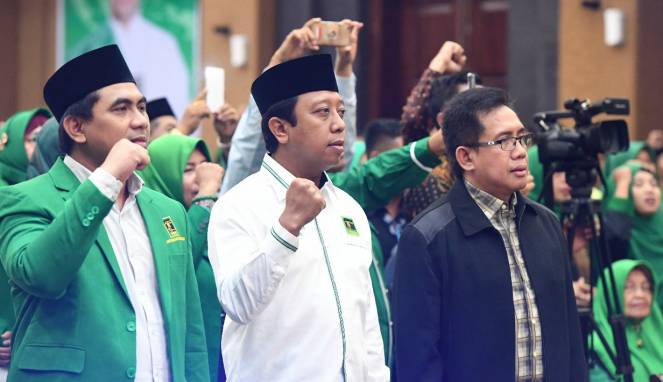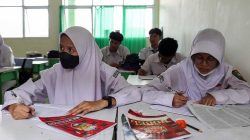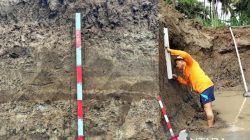Kaduna State Launches Comprehensive Plan to Modernise Almajiri Education System
The Kaduna State Government has unveiled a bold initiative aimed at transforming the traditional Almajiri education system, which has long excluded many children from formal learning and economic opportunities. This ambitious plan was revealed during the Kaduna International Education Summit, EduPACT 2025, and marks a significant step towards inclusive and equitable education in the region.
Key Components of the Reform Strategy
According to a communiqué released following the summit, the new strategy focuses on integrating Almajiri children into mainstream education through targeted vocational and literacy programs. The government aims to remove existing barriers that have hindered enrolment, such as the requirement for school uniforms, Parent Teacher Association levies, and societal stigma surrounding the Almajiri system.
The communiqué highlights that the current Almajiri system is seen as outdated and exclusionary. It emphasizes the need to align Qur’anic education with modern skills like literacy, numeracy, digital competencies, and vocational training. The goal is to ensure that Almajiri children are no longer left behind and can contribute meaningfully to Kaduna’s human capital development.
Role of Religious Leaders and Community Engagement
To support this transformation, the plan involves deploying religious leaders as agents of change. These leaders will play a crucial role in promoting the reformed model and encouraging parents to embrace the integration of their children into formal education systems.
The summit also underscored the importance of reforming the Almajiri system as a key component of Kaduna’s broader educational goals. By addressing issues such as child neglect, poverty, and street begging, the state hopes to create a more inclusive and equitable learning environment for all children.
Establishing an Education Reform Council
Participants at the summit called for the establishment of a Kaduna State Education Reform Council. This council would coordinate efforts among various agencies, including the State Universal Basic Education Board, the Teachers’ Service Board, and the Ministry of Education. The aim is to ensure that interventions related to Almajiri integration are well-funded, sustained, and effectively implemented.
Revitalising Technical and Vocational Education
In addition to the Almajiri reforms, the state government announced a N440bn roadmap for revitalising Technical and Vocational Education and Training (TVET) over the next few years. This initiative is anchored on private sector partnerships, skills hubs, structured apprenticeships, and centres of excellence. The goal is to equip young people, including Almajiri children, with practical, market-relevant skills.
Prof. Abubakar Sambo, Kaduna State Commissioner for Education, emphasized that TVET is not just about skills acquisition but also about economic empowerment, social mobility, and crime reduction. He stressed the need for a deliberate approach aligned with the realities of the 21st century.
Recommendations and Stakeholder Support
Stakeholders at the summit made several recommendations, including allocating at least 15 per cent of the state’s education budget to TVET. They also urged the development of digital infrastructure, smart classrooms, and AI-enhanced learning environments, particularly in underserved communities.
Other key recommendations included accelerating teacher recruitment, conducting periodic skills assessments, decentralising decision-making through School-Based Management Committees, and ensuring prioritised access for children with disabilities.
Partnerships and Global Support
The Kaduna State Government organised the summit in partnership with the United Kingdom Government through FCDO’s PLANE programme. Additional partners include the United Nations International Children’s Emergency Fund, the World Bank-funded AGILE project, Teaching at the Right Level, the British Council, and Save the Children.
Private and development sector partners such as the Islamic Development Bank, ROOSC Project, Miva University, Malala Fund, and Education as a Vaccine also contributed to the event. Many of these partners reaffirmed their commitment to supporting Kaduna’s drive to transform education into a tool for social and economic emancipation.
Commitment to Inclusive Education
Deputy Country Director of Save the Children Nigeria, Mr. Victor Lubeck, praised the focus on marginalised children, especially the Almajiri. He stressed that “no child should be left behind in the quest for quality education.”
UNICEF’s representative at the summit, Ms. Blessing Nwafor, highlighted the need for consistency in implementing the resolutions. She noted that bridging the gap between policy and practice is essential for achieving Kaduna’s education targets.
This comprehensive approach signals a promising future for education in Kaduna, where inclusivity, innovation, and community engagement are at the forefront of the reform agenda.







